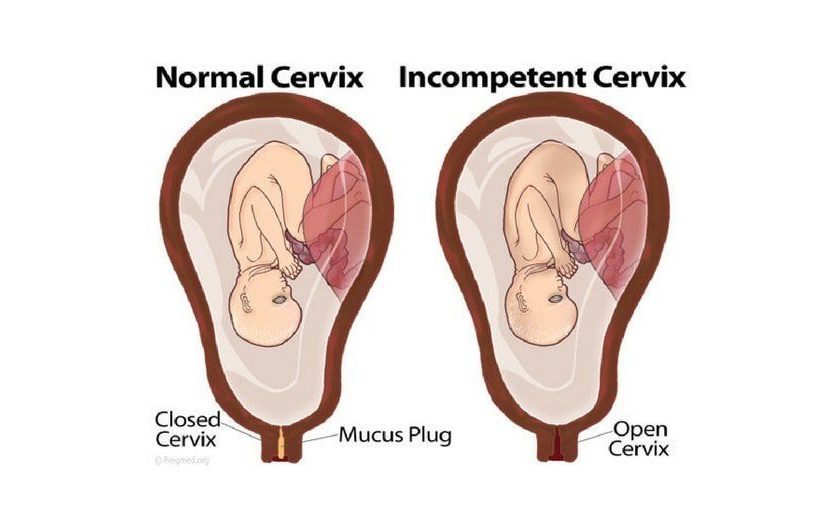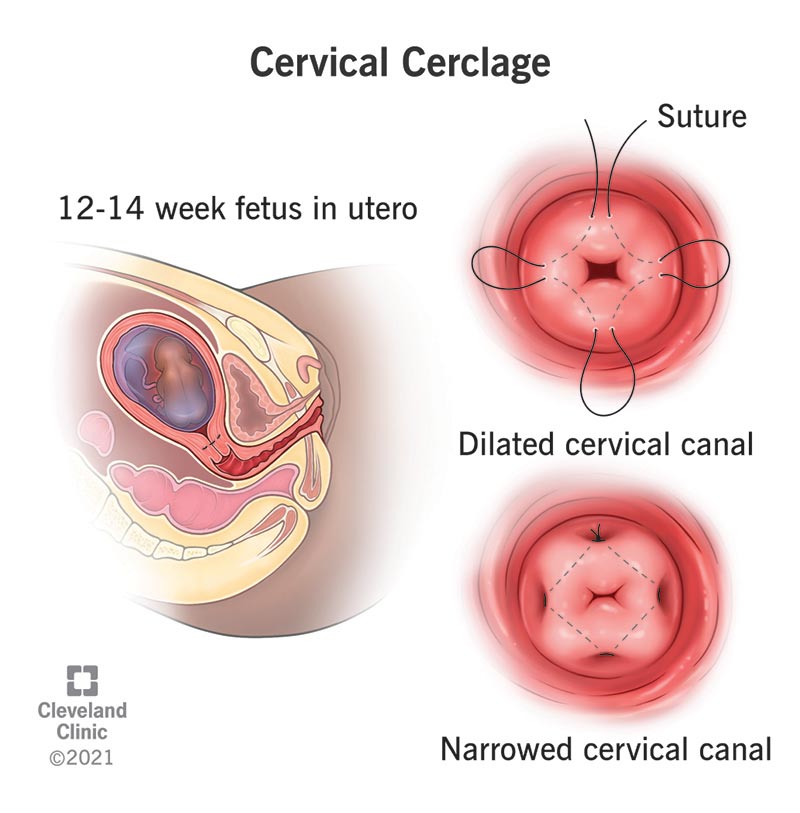Introduction
Cervical insufficiency, or incompetent cervix, is a condition in which the cervix thins, ripens prematurely during pregnancy, often causing the baby to be born before 37 weeks or to miscarry. Good nutrition also helps reduce complications in pregnancy. In this article, I’m going to let you know what foods you should and should not eat, while also sharing the best foods for incompetent cervix that you can eat to help promote a healthy pregnancy.

Foods to Avoid and Include for Incompetent Cervix
Here are foods to avoid in incompetent cervix.
Processed and Packaged Foods
Why to Avoid: These foods are high in sodium, preservatives and unhealthy fats and can cause inflammation and water retention, which is undesirable during pregnancy.
Examples: Noodles (instant, chips, frozen meals and canned goods).
Sugary Foods and Beverages
Why to Avoid: Pregnancy complications can be made worse by gestational diabetes, a condition that can develop from excess sugar.
Examples: Things like sodas, candy, cake, and pastries.
High-Mercury Fish
Why to Avoid: Fetal brain development can be harmed by exposure to mercury.
Examples: Shark, swordfish, king mackerel and tuna tune (particularly canned albacore).
Unpasteurized Dairy and Juices
Why to Avoid: Harmful bacteria such as Listeria can be present in these, predisposing to miscarriage.
Examples: Pasteurized milk, fresh soft cheeses (such as brie, feta), and fresh juices from unverified sources.
Undercooked or Raw Foods
Why to Avoid: Infections such as Toxoplasmosis and Salmonella infection that can lead to severe pregnancy problems.
Examples: Rare meats, sushi and raw eggs.
Caffeine and Alcohol
Why to Avoid: In too much caffeine, it can cause dehydration and increased risk of early labor. Fetal alcohol syndrome is caused by alcohol, as well as other developmental issues.
Recommended Limit: Limit your consumption of caffeine to less than 200 mg/day (roughly one 12 ounce cup of coffee).
Spicy and Acidic Foods
Why to Avoid: Acid reflux and gastrointestinal discomfort from these foods only contribute to people’s pregnancy-related stress.
Examples: Chili peppers, citrus fruits in excess, and tomato- based products.
What Foods Should I Eat for a Healthy Cervix?
Leafy Green Vegetables
Why to Include: Folate, magnesium and vitamin C rich, which help to strengthen tissues and support fetal growth.
Examples: It’s spinach, kale, broccoli, and Swiss chard.
Protein-Rich Foods
Why to Include: Protein helps the cervix repair and helps strengthen the cervix.
Examples: Lean chicken, fish (low in mercury), tofu, and lentils; eggs.
Omega-3 Fatty Acids
Why to Include: To help reduce inflammation and improve the course of pregnancy.
Examples: Flaxseeds, walnuts and chia seeds.
Whole Grains
Why to Include: This will help provide sustained energy and provide you with vital B vitamins and fiber.
Examples: Whole wheat bread, quinoa, brown rice and oats.
Vitamin C-Rich Foods
Why to Include: It promotes collagen production and therefore, increases cervical’s strength and elasticity.
Examples: Just oranges, strawberries, bell peppers, and guavas.
Calcium and Vitamin D
Why to Include: Good for bone health and to prevent preterm labor.
Examples: Milk and cheese (fortified), yoghurt and almonds.
Hydrating Foods and Fluids
Why to Include: Dehydration can cause contraction if proper hydration (i.e., hydration) is not there.
Examples: Soup, Coconut water, cucumbers, And watermelon are some of them.
How to Manage Incompetent Cervix

Foods to Avoid and Include for Incompetent Cervix
Prenatal Supplements: Get folic acid, magnesium, and iron from supplements prescribed for you to satisfy your nutritional requirements.
Small, Frequent Meals: Manage blood sugar levels and prevent discomfort by eatting small meales al through the day.
Limit Salt Intake: This excess salt can cause swelling and water retention.
Consult Your Doctor: Whenever you are thinking of changing your diet talk to your health care provider to make sure your diet is in sync with your pregnancy needs.
Conclusion
Good nutrition is necessary to manage incompetent cervix during pregnancy. Cut out processed foods, high mercury fish, and unpasteurized products, and eat nutrient dense foods such as leafy greens, lean proteins and whole grains. Proper nutrition in combination with medical care will lead to improvement in pregnancy outcomes.
Keywords: In case of incompetent cervix, the foods to avoid so you can develop your style of diet during pregnancy, diet for pregnancy, pregnancy nutrition tips, diet for cervical insufficiency.
Foods that you must Avoid with incompetent Cervix
Understanding Pain in the Lower Abdomen for Females: Causes, Symptoms, and Solutions
